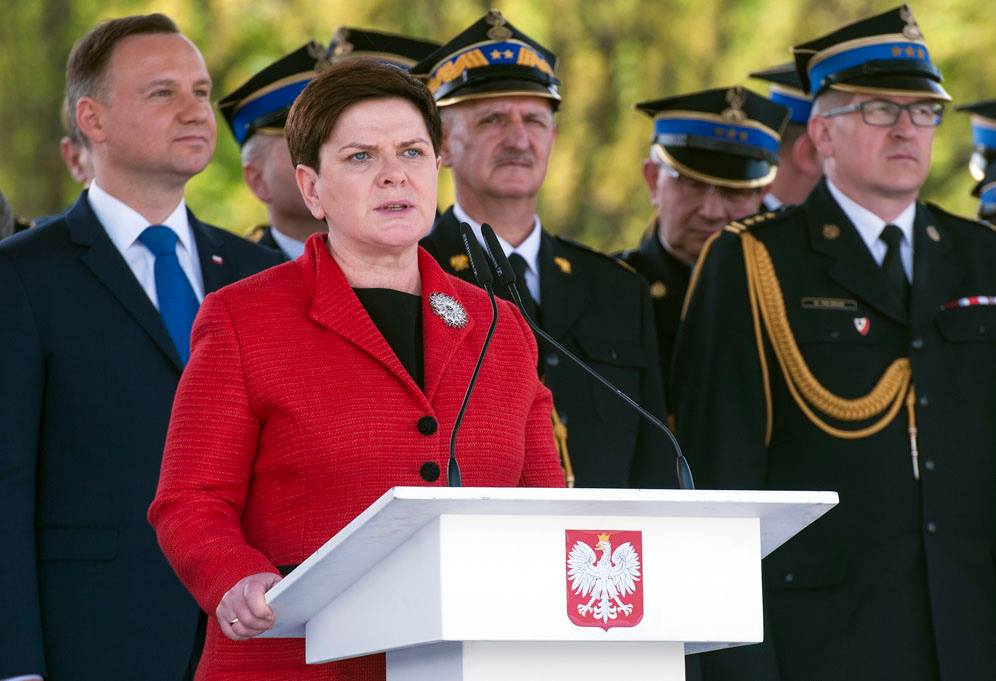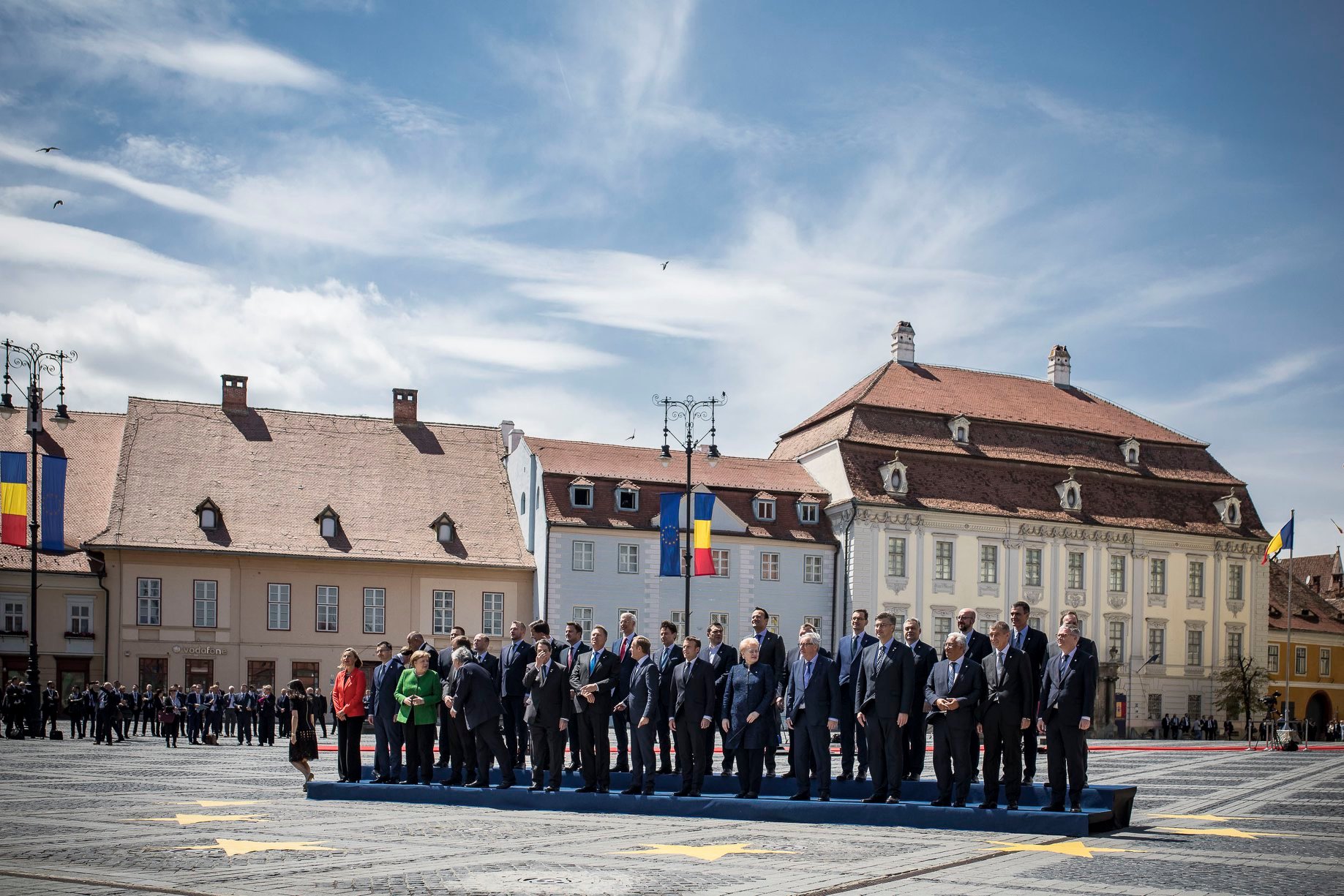This article was first published in the French daily newspaper Présent.
EU/Poland/Hungary – Poland and Hungary are now the two EU countries that receive the most Ukrainian refugees. Between Thursday, 24 February – the first day of the war unleashed by Russia against its Slavic neighbour – and the morning of Friday, 4 March, more than 670,000 refugees arrived in Poland, a country of 38 million inhabitants. In Hungary, a country of barely 10 million people, the number was close to 150,000. In all, more than one million Ukrainians fled their country in the first week of the war. Such a population displacement had not been seen in Europe since the end of the Second World War. The logistical challenge is enormous, and in Poland as in Hungary, the entire population has been mobilising.
Meanwhile, in Brussels and Paris, instead of coming to the aid of the frontline countries and urgently releasing funds for them, they are still busy imposing financial sanctions on Poland and Hungary.
On 3 and 4 March, the EU-27 European Affairs ministers had a meeting in Arles, France under the French presidency of the EU Council to discuss, according to the program disclosed on 2 March and posted online by Polish MEP Jacek Saryusz-Wolski, the effectiveness of the existing tools for enforcing the “rule of law”. Article 7 sanction procedures against Poland and Hungary, which France would very much like to reactivate, were also on the agenda, and participating ministers were supposed to see how to develop the “toolbox” against the two recalcitrant countries and further extend the “scope of values” covered by the new conditionality mechanism, also called the “rule of law” mechanism. Even before the start of the French EU Council presidency on 1 January, French European Affairs Minister Clément Beaune had made it known that Paris is keen to push forward with the sanction procedures against the two Central European countries, and it is now clear that President Macron and his government will not let their Eurofederalist agenda be diverted by the war in Ukraine and some silly wave of actual refugees.
The European Parliament is of course pushing hard in the same direction, as always. The major groups, from the centre-right to the far left, including Renew Europe and the Socialists, have been working on a new resolution to demand that the European Commission immediately activate the new mechanism that makes the payment of European funds conditional on respect for the “rule of law” and “European values”. The draft resolution asks the Council to proceed with the sanction procedure under Article 7 and calls on the Commission to initiate the process for blocking the funds paid out under the annual EU budget (the funds from NextGenerationEU having already been blocked, in an informal way, for Poland and Hungary), and to take “swift and decisive action (…) ahead of the Hungarian parliamentary elections of 4 April considering the serious risks to the EU budget“. In other words, the authors of this draft resolution would like the EU to withhold funds for Hungary quickly enough to help defeat the incumbent Hungarian government and to put a friendly and submissive government in Budapest.
It is certainly less brutal than the Putin method in Ukraine but the objective is the same.




